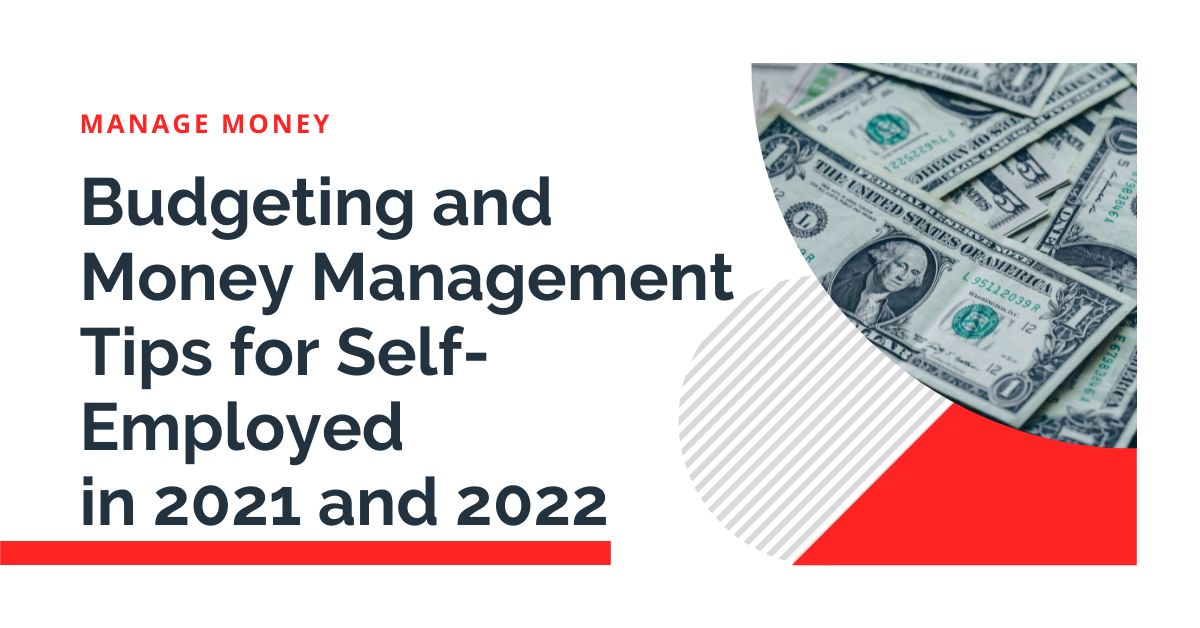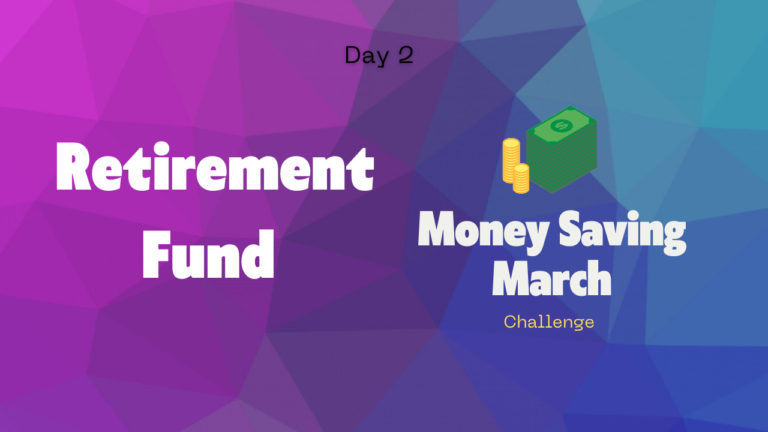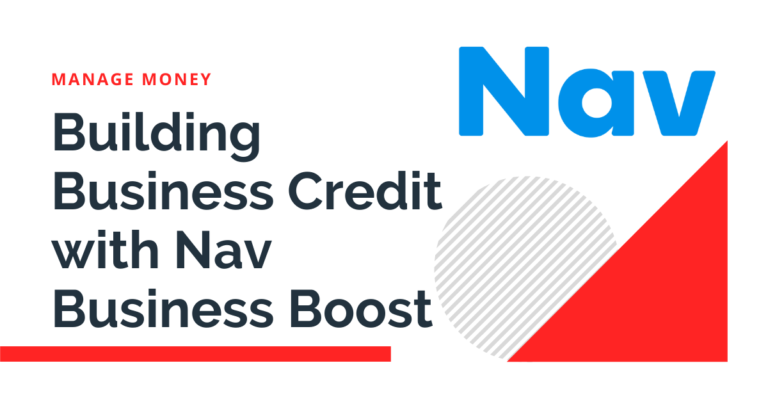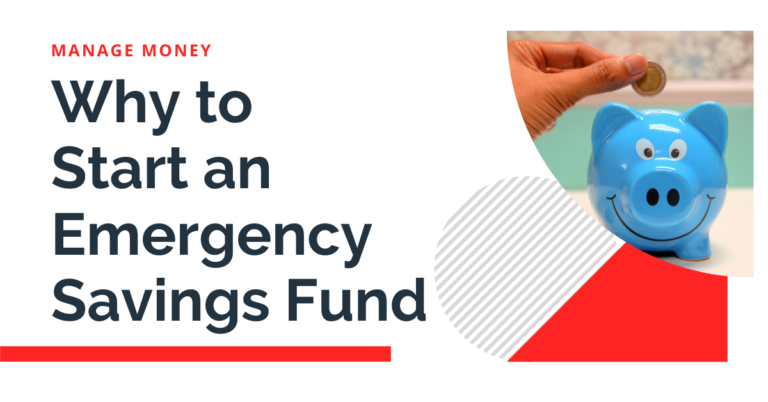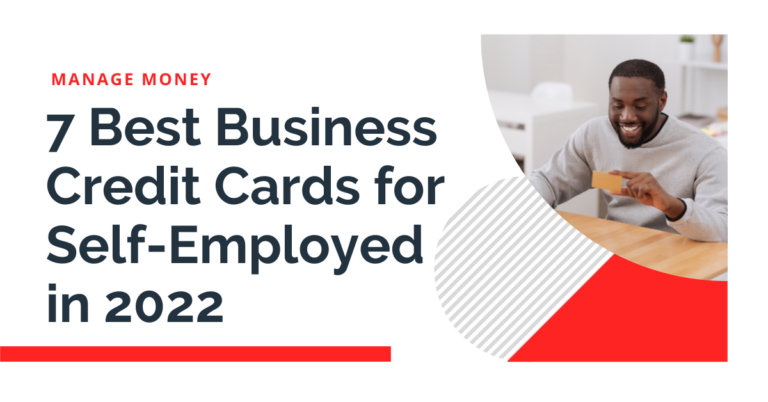Master Money as an Entrepreneur and Understand Budgeting
If you’re self-employed or running your own business, your cash flow is likely not what it once was. For instance, you might not be living paycheck to paycheck anymore, so you can’t always rely on that bi-weekly injection of cash into your bank account. And even if you’re lucky enough to be making far more now that you’re out of the rat race, you might lack the skills to manage that money properly.
Indeed, money management is one of the most important things we have to learn as business owners. You’ve probably heard tales about the movie star or football player who earned millions only to end up broke and penniless. If you don’t learn money management skills now, there is always the danger of the same thing happening to you. Yes, budgeting isn’t sexy but you need to learn the basics.
So, in this article, we will talk about what money management is and how you can master it to secure your financial future.
How Cash Flow Works
There are three components to cash flow: income, expenses, and net profits. These form the basic foundation of every budget that has ever existed, be it a successful one or one that has ended in catastrophic failure. Let’s define these factors a bit more closely:
Income: This is the inflow of cash coming from your business. Regardless of what you do for a living, this is the money that comes directly to you in the end, not to employees or other business-related liabilities.
Expenses: These are the bills and other payments you need to make every week, month, or year. Some of these are inescapable (like your rent or mortgage), while others are liabilities explicitly related to your spending habits (like a boat payment or gas for your sports car).
Net Profits: When you subtract your expenses from your income, you have a number left over. This is your “net profit.” This number can be either positive or negative, but your budget is unsustainable if it’s the latter.
Money management is all about knowing where your money is coming from and where it is going. Specifically, it means maximizing your income while minimizing your expenses so that you have a larger net profit left over. Sure, it sounds easy enough, but the only way to properly control this process is by creating a formal budget.
Budgeting Secrets
The first thing you need to do whenever you decide to make a budgeting list is start with your income. However, if you’re an entrepreneur, your income might not be as consistent as you’d like. For instance, if you were in real estate, you might not make any money in January, February, or March and make $100,000 in April. So, for the sake of your budget, you’ll need to estimate. However, be sure that you estimate on the low side!
The next step is to list all of your expenses. Some of these will be more or less constant, but others will change from week to week and month to month. Once you have them all listed out on your spreadsheet, you can compare their total to your income and estimate how much money you’ll have leftover each week, month, or year.
Your goal should always be to maximize that final number. Why? Because this is the money that you can use to invest or save. In doing so, you will generate interest or rates of return that increase your income! That’s right. Your leftover cash each month is the key to making more money down the line. Best of all, you can keep recycling your profits each month in this manner to help your income grow beyond what your business brings in.
Minimizing Expenses
If you want to enjoy that beneficial investment cycle I outlined above, you need to start cutting expenses now. And with those various expenses already listed out, doing so should be easier than ever! $150 a month for gas? Maybe you can drive less, take the bus, or trade-in your gas guzzler car for an electric vehicle. $2000 a month for food? Perhaps you can start cooking at home more often or shop at a more affordable store.
Cutting expenses is a bit painful at first, but it soon becomes very addictive. This has a lot to do with having a budget. In the end, this visual representation of where your money is going and how it is working for you or against you can be incredibly motivating.
Budgeting Tips and Tools
If you’ve never built a budget before, I suggest you start by downloading Mint or Goodbudget. These interactive phone and computer apps are pre-programmed to handle all the math and calculations for you. You simply enter your income and expenses as I suggested above and let the app guide you from there. And of course, there is also Personal Capital which I eventually started to use when I started contributing towards my retirement and investing.
Microsoft Excel or Google Sheets are also a great way to build a budget you can stick to. Using simple formulas you can find online, you can program a document that changes your income flow based on your spending habits. You’ll have to enter the numbers yourself, of course, but some people prefer having that control.
There are also plenty of budget gurus out there offering free advice on altering your spending habits for the better. These people can recommend apps that help you make money as you shop (like Iboughta) or apply automatic coupons when you buy things online (like Honey). They are also likely to publish lots of tips and tricks you can use to shave down your expenses as you go. One person that comes to mind is Dave Ramsey.
Final Thought
Your income situation will change a lot in your life. This is typically out of your control, even if you do own your own business. However, you can control how, where, and when you spend your money. By learning more about your expenses and how to minimize them, you can master money management and ensure you have more cash left over month after month. If you choose to invest or save that money, it will quickly become an asset that works for you every day to protect your financial future. In other words, budgeting is important, and the sooner you can learn and apply the fundamentals the better off you should be.
Check out our resources page to see other apps and software you might find helpful as you move forward in your financial independence journey.

